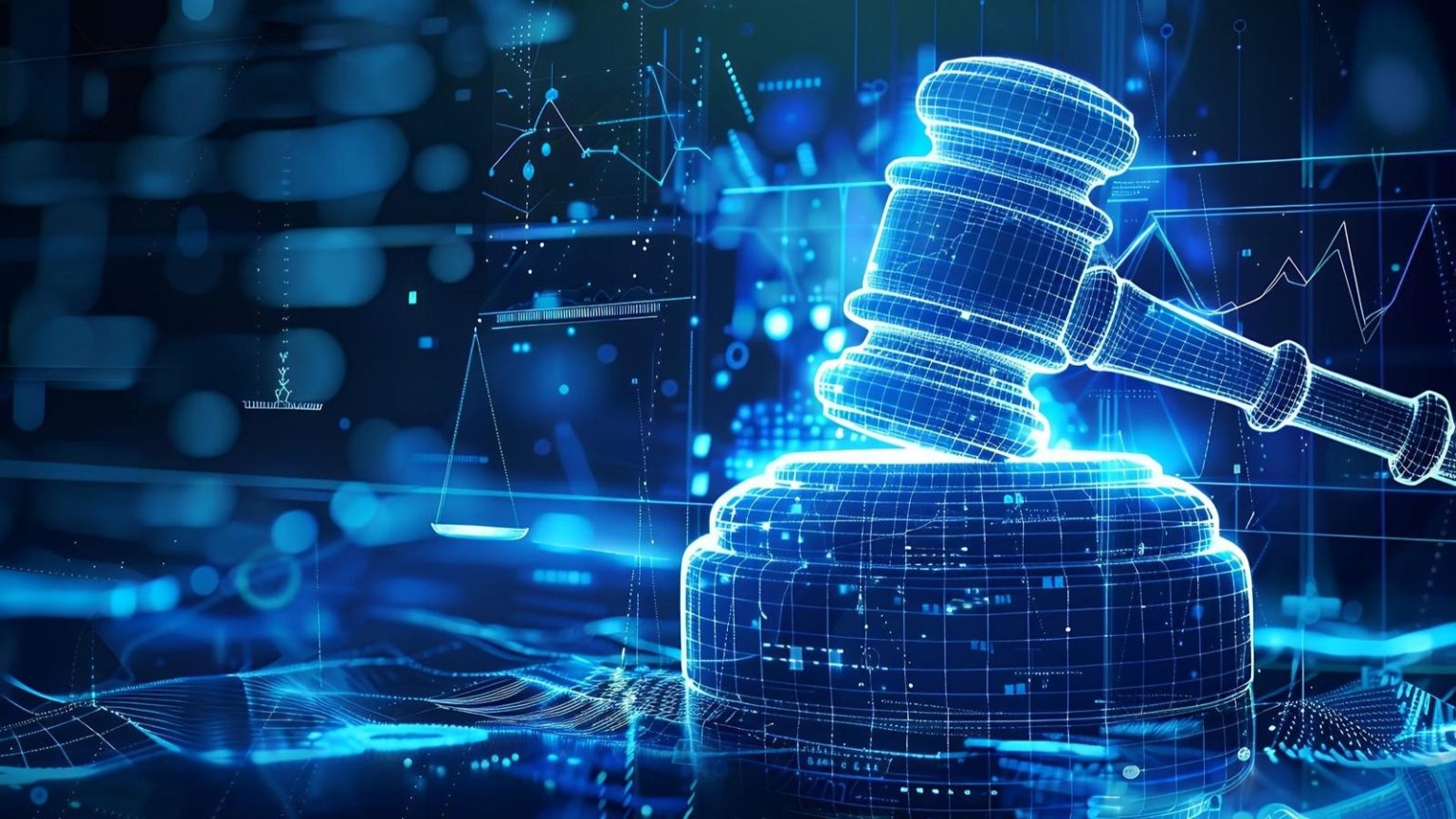Lawtech 2025: A Revolution in Legal Services
The legal profession stands on the precipice of a technological revolution. Just as the printing press democratized access to information, artificial intelligence (AI) and its allied technologies are poised to reshape the legal landscape, impacting everything from routine tasks to complex litigation strategies. This transformation, aptly termed "lawtech," is not just about automation; it’s about reimagining how legal services are delivered, accessed, and experienced. 2025 promises to be a pivotal year in this evolution, with several key trends driving the change.
The Rise of the Legal Language Model
Large language models (LLMs), the engines behind conversational AI like ChatGPT and Gemini, are becoming indispensable legal tools. Their ability to generate human-quality text, from contracts and summaries to answers to complex legal questions, is revolutionizing legal workflows. LLMs can automate the drafting of standard legal documents, freeing up lawyers to focus on intricate legal analysis and strategic decision-making. Furthermore, their integration into client-facing applications, such as chatbots providing preliminary legal guidance, democratizes access to legal information, making it more readily available and affordable. Throughout 2025, LLMs will continue to evolve, becoming even more sophisticated and versatile, fundamentally altering how legal professionals operate.
Navigating the Legal Labyrinth of AI Regulation
As AI becomes increasingly embedded in business operations, legal professionals are stepping into a crucial new role: navigating the complex web of AI regulation and compliance. This encompasses advising organizations on data governance, intellectual property implications of AI-generated content, and ensuring compliance with emerging AI-specific regulations. The challenge is twofold: mitigating the legal risks posed by AI applications themselves, such as potential bias or discrimination, and leveraging legal expertise to guide organizations in the responsible and ethical deployment of AI. This requires lawyers to develop a specialized understanding of AI technologies and their potential legal ramifications, becoming not just legal advisors but also strategic partners in AI implementation.
Democratizing Justice Through Technology
Lawtech isn’t just about streamlining processes for lawyers; it’s about making justice accessible to everyone. Cloud-based self-service portals are empowering individuals and small businesses with tools to generate legal documents, access preliminary legal advice through chatbots, and explore other cost-effective legal solutions. These technologies break down traditional barriers to legal services, reducing costs and making legal recourse more readily available to those who previously lacked access. This democratization of justice is a significant step towards a more equitable legal system.
Automation: Reshaping the Legal Profession
The automation potential of AI is transforming the daily reality of legal professionals. Tasks once considered time-consuming and tedious, like document review, contract management, and data processing, are being streamlined through automation. This shift allows legal professionals to focus on higher-value work requiring critical thinking, strategic analysis, and interpersonal skills. Law firms that embrace these technologies will gain a competitive edge, offering more efficient and cost-effective services while simultaneously enhancing the skillsets of their legal teams. The role of the lawyer is evolving from a processor of information to a strategic advisor, a negotiator, and a problem-solver.
Predictive Justice: Data-Driven Legal Strategies
AI’s ability to analyze vast datasets of legal precedents and judicial decisions is ushering in an era of predictive justice. By identifying patterns and trends, AI can forecast the potential outcomes of litigation, empowering lawyers to develop more effective legal strategies. This data-driven approach moves legal advice beyond speculation, providing clients with more accurate assessments of their cases and allowing for more informed decision-making. Predictive justice not only improves the quality of legal services but also enhances the transparency and predictability of the legal process itself.
The Imperative of Responsible AI in Law
As AI becomes integral to legal practice, the ethical implications of its use must be carefully considered. The principles of responsible AI – fairness, transparency, accountability, and security – must guide the development and deployment of these technologies. Legal professionals play a critical role in ensuring that AI systems are used ethically and responsibly, both within their own organizations and in advising their clients. This includes auditing AI systems for bias, ensuring data privacy, and promoting transparency in AI-driven decision-making. Embracing responsible AI is not just an ethical imperative; it’s essential for building trust and maintaining public confidence in the legal system.
Conclusion: A New Era of Law
The convergence of law and technology is ushering in a new era for the legal profession. 2025 marks a significant step in this transformation, with advancements in AI and other technologies reshaping legal workflows, increasing access to justice, and redefining the role of the lawyer. While the benefits of lawtech are undeniable, it’s crucial to approach this technological revolution responsibly, ensuring that these powerful tools are used ethically and equitably to promote a more just and accessible legal system for all. The future of law is not just about technology; it’s about the responsible and ethical application of technology to serve the principles of justice and fairness.






